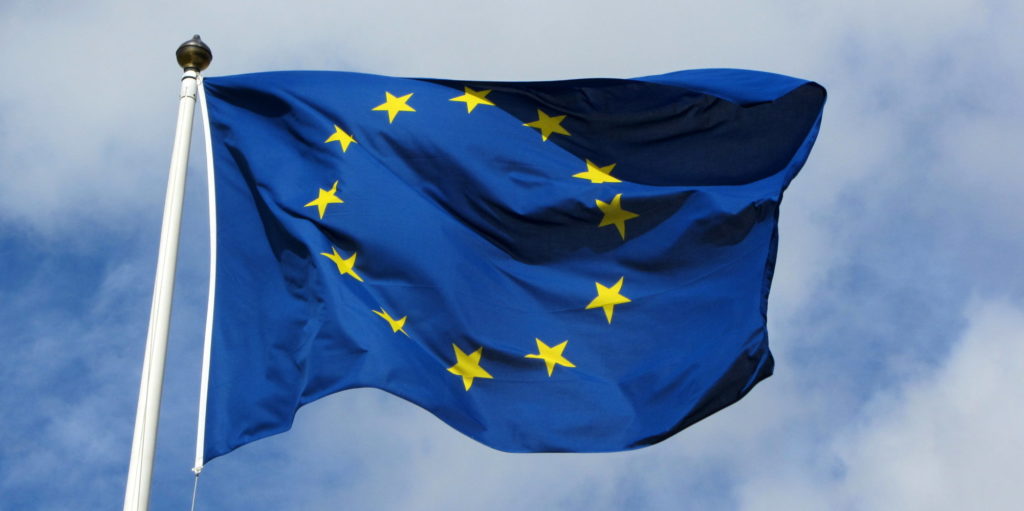The decarbonization rhetoric of Europe has turned the page to another bolder chapter this week following the launch of two campaigns committed towards ushering renewable and low-carbon energy to the forefront of Europe’s power landscape.
Last Friday saw the announcement of the Electrification Alliance, which is a body formed of SolarPower Europe, WindEurope, Avere, EURELECTRIC, the European Copper Institute and the European Heat Pump Association calling for electricity to be recognized as the “key energy carrier” for Europe’s decarbonized future.
And today, thirteen industry leaders and associations have launched the “Make Power Clean” initiative, which aims to support the European Commission’s proposal to introduce a carbon eligibility criterion aimed at delivering a more flexible power market that penalizes unwieldy, carbon-intensive energy sources. This joint initiative is supported by SolarPower Europe, WindEurope and a raft of private firms, including Iberdrola, Siemens, Total and Statoil.
Electrification Alliance
On launch day, the Electrification Alliance published a declaration of electrification that explains how, as electricity generation decarbonizes, the power source will reveal itself as a pivotal player in the shift towards a more energy efficient, cleaner and more digital European economy.
The declaration pledges to offer investment and support for technologies that reduce carbon intensity, while promoting a more decentralized energy mix that delivers better flexibility and integration of energy sources.
Other areas that will be keenly addressed by the Alliance include transport and heating, while solar’s capacity to deliver clean energy will also be given greater prominence.
“Today, almost 30% of our power in Europe comes from renewables, and we anticipate that within the next decade more than half of our electricity generation will be renewable-based,” said SolarPower Europe CEO James Watson. “A further electrification of the European economy therefore makes sense, but should go hand-in-hand with a dedicated strategy to deploy more renewables on our continent.”
Make Power Clean
Following on from Friday’s announcement is today’s launch of the “Make Power Clean” initiative, which seeks to address leaden policy in the European Union’s energy strategy. Namely, a tweak to the internal market for electricity is required to remove existing incentives for the deployment of polluting and inflexible thermal power plants.
“We call on the European Council and the European Parliament to endorse the 550g CO2/kWh carbon criterion, which is critical to the overall consistency and efficiency of EU climate and energy policy,” read a statement by the initiative.
The group claims that additional aid for higher CO2-emitting plants should not be extended now that viable cleaner alternatives such as solar and wind power exist. Making the eligibility for capacity mechanisms conditional to that 550kg CO2/kWh carbon criterion – 550 criterion – would be in line with the European Investment Bank|s (EIB) lending policy and a transparent way to support the EU’s 2030 decarbonization goal, the group said.
This content is protected by copyright and may not be reused. If you want to cooperate with us and would like to reuse some of our content, please contact: editors@pv-magazine.com.



1 comment
By submitting this form you agree to pv magazine using your data for the purposes of publishing your comment.
Your personal data will only be disclosed or otherwise transmitted to third parties for the purposes of spam filtering or if this is necessary for technical maintenance of the website. Any other transfer to third parties will not take place unless this is justified on the basis of applicable data protection regulations or if pv magazine is legally obliged to do so.
You may revoke this consent at any time with effect for the future, in which case your personal data will be deleted immediately. Otherwise, your data will be deleted if pv magazine has processed your request or the purpose of data storage is fulfilled.
Further information on data privacy can be found in our Data Protection Policy.